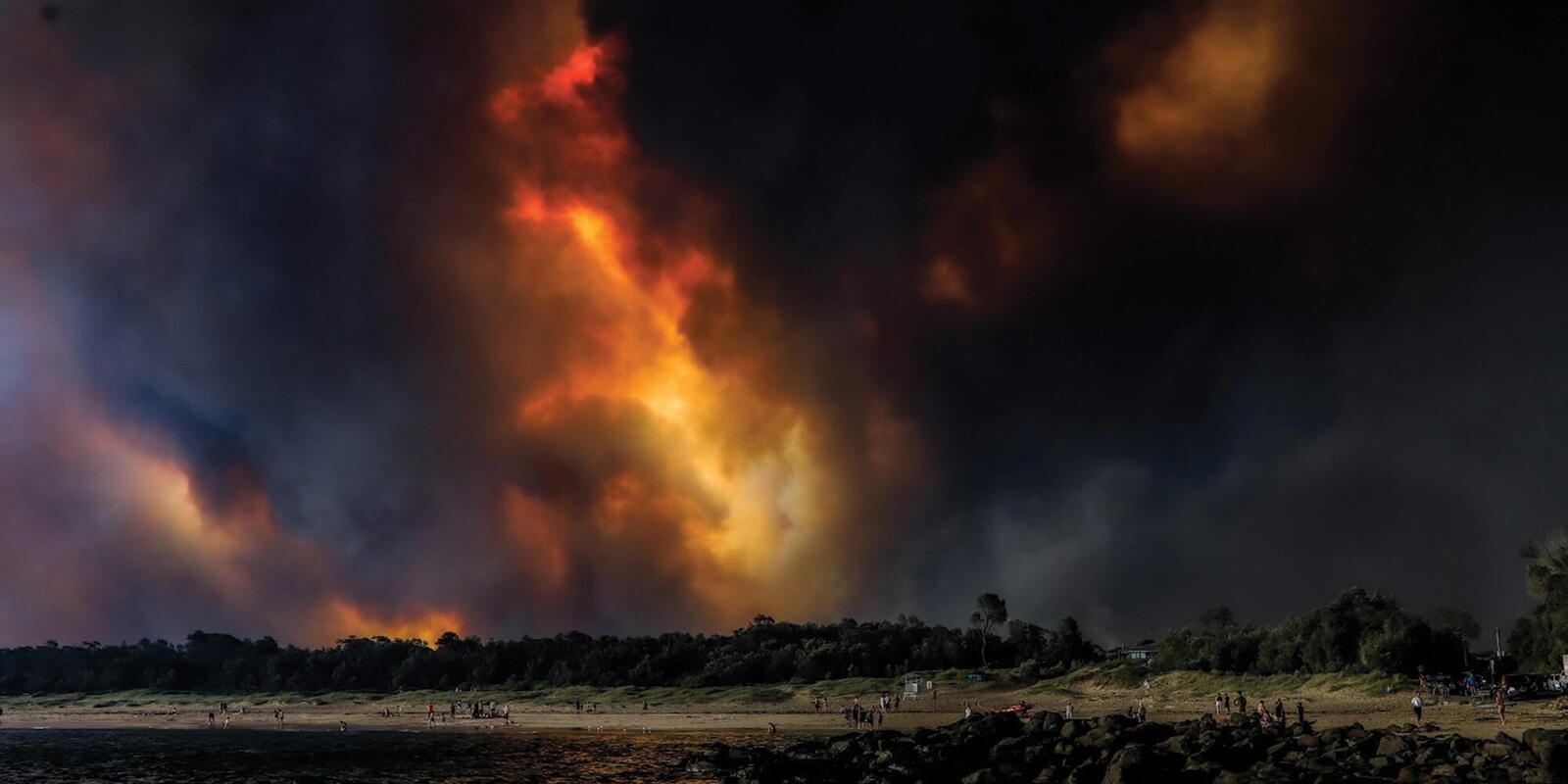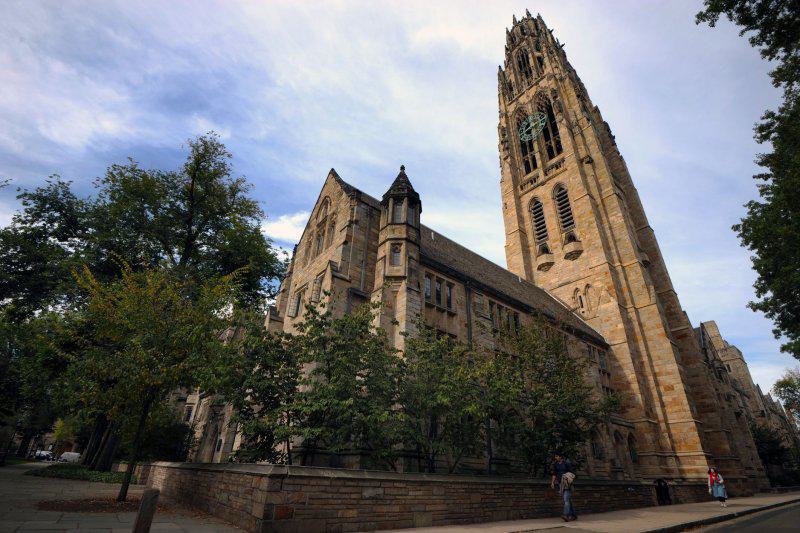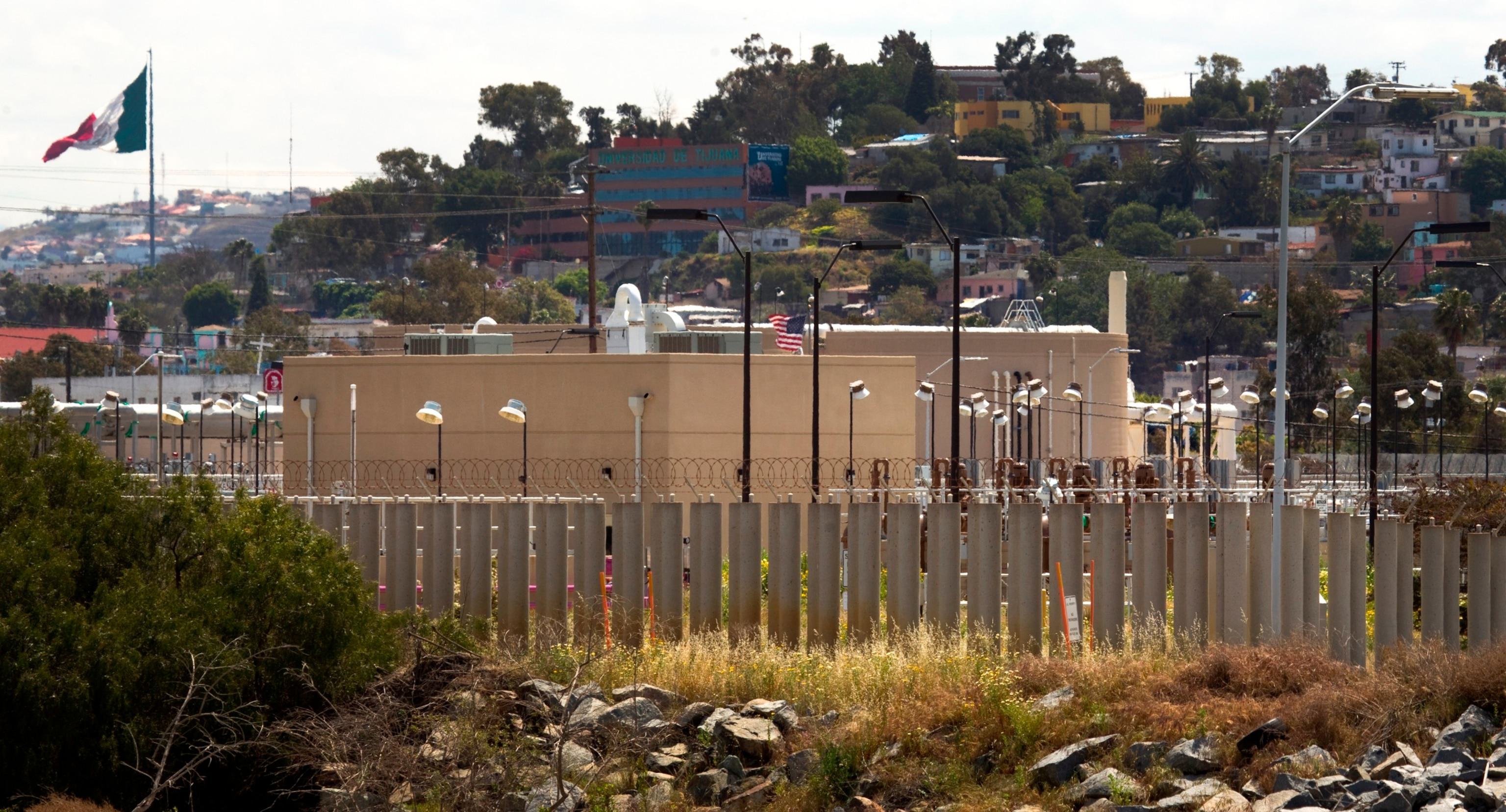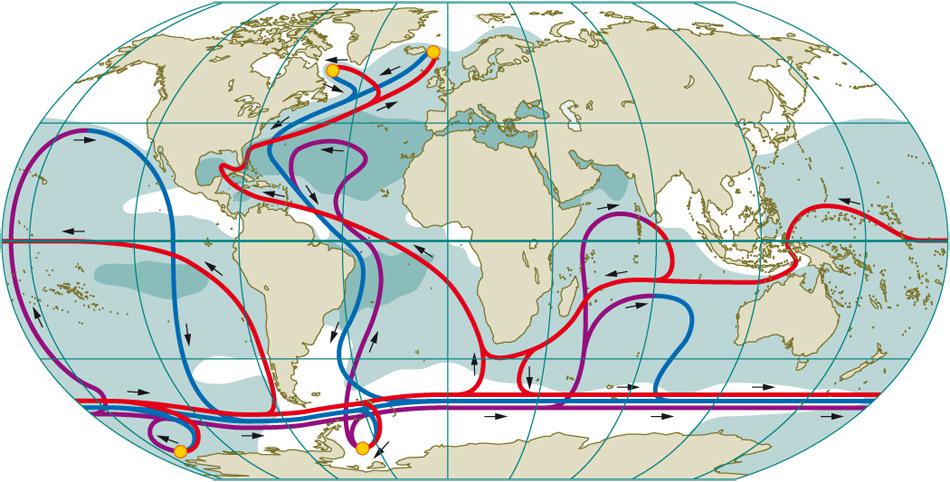World Reaches Climate Change Milestone as Global Temperatures Surpass Key Threshold for First Time
February 8, 2024 - Reading time: 2 minutes

Scientists have announced that the world has crossed a significant climate change milestone.
For the first time on record, global temperatures have reached and exceeded the crucial 1.5 degrees Celsius above pre-industrial levels for an entire year. This development underscores the urgent need to reduce greenhouse gas emissions in order to avoid even worse consequences of the ongoing climate crisis.
The European Union's Copernicus Climate Change Service (C3S) reported that global mean temperatures for the 12-month period through January were 1.52 degrees Celsius above the 1850-1900 pre-industrial average and 0.64 degrees above the 1991-2020 average. While this does not signify a breach of the Paris Agreement's long-term goal to limit global warming to well below 2°C, preferably 1.5°C compared to pre-industrial levels, it serves as an alarming reminder that immediate action is necessary to prevent further temperature increases.
C3S also confirmed that January 2024 was the warmest month on record, with average surface temperatures of 13.14°C – a staggering 0.7°C above the 1991-2020 average and 0.12°C higher than the previous warmest January in 2020. Additionally, each month prior to January broke heat records for their respective times of year.
This development comes as scientists continue to warn that the world is "massively off track" to limit global warming to 1.5°C. The 1.5°C threshold is crucial because it can lead to tipping points, which may result in dramatic shifts or potentially irreversible changes to some of Earth's largest systems if passed.
Matt Patterson, a postdoctoral research assistant at the University of Oxford, noted that while exceeding 1.5°C in one year does not breach the Paris climate agreement as it concerns temperatures averaged over 20 to 30 years, it highlights the rapidly shrinking window of time humanity has left to make deep emissions cuts and avoid dangerous climate change.
The United Nations states that global warming is currently at around 1.1°C, causing a series of extreme weather events worldwide. Brian Hoskins, chair of the Grantham Institute at Imperial College London, emphasized the stark warning in C3S's findings and urged for urgent action to limit climate change according to Paris Agreement targets.

DW Staff
David Lintott is the Editor-in-Chief, leading our team of talented freelance journalists. He specializes in covering culture, sport, and society. Originally from the decaying seaside town of Eastbourne, he attributes his insightful world-weariness to his roots in this unique setting.




